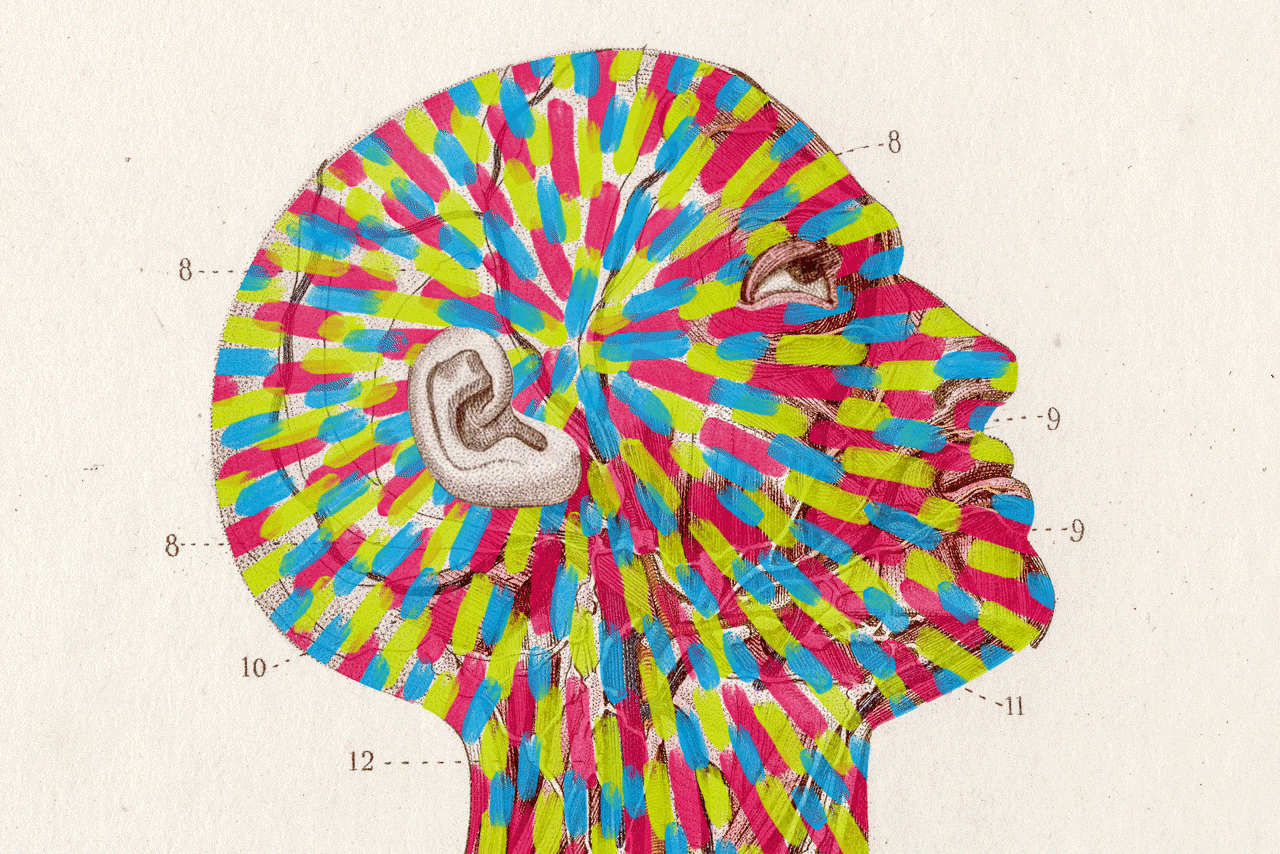A drug researcher is ‘haunted’ by his own work
- Share via
It’s hard to imagine an utterance more grim than this one, penned by a drug researcher in an essay for the journal Nature.
“Some of my scientific contributions may not be aiding people’s well-being at all,” wrote David Nichols, the Robert C. and Charlotte P. Anderson Distinguished Chair of Pharmocology at Purdue University. “In fact, they could be causing real harm.”
Nichols has worked for nearly 40 years studying and creating drugs -- drugs intended, he wrote, to help people. He’s studied drugs to treat Parkinson’s and schizophrenia, as well as psychedelic agents such as LSD and mescaline.
His work with 3,4-methylenedioxymethamphetamine (also known as MDMA, or ecstasy) first drew the attention of “amateur chemists” in the late ‘90s. As part of his studies of the drug, Nichols and his colleagues looked at other molecules that were similar to it, believing they might prove helpful in psychotherapy. One of these was 4-methylthioamphetamine, or MTA. The team studied its effects on rats, and showed that the drug, which can inhibit the enzyme that breaks down serotonin in the body, “might have potential in the treatment of depression.” They also reported that rats perceived the effects of MTA as being like those of ecstasy.
Other people, Nichols wrote, took this information -- or took bits of it, anyway -- and ran with it. They synthesized MTA and put it into tablets called “flatliners”. By 2002, six deaths had been associated with the use of the drug. The drugmakers’ selective use of Nichols’ research proved deadly: they ignored his report that, in addition to producing ecstasy-like effects, the chemical could lead to a “dangerous serotonin syndrome that can sometimes prove fatal.”
What the copycats did was legal -- and highly irresponsible. And their work continues to this day, Nichols reported. In October, the Wall Street Journal published an article about a “laboratory-adept European entrepreneur” who rifles through papers like the ones Nichols produces “to find ideas for new designer drugs.”
Nichols wrote that he is “haunted” by reports like that one, and by the thought that his research is used for negative ends. But he doesn’t prescribe a solution for the quandary. “One cannot know where research ultimately will lead,” he wrote. “I strive to find positive things, and when my research is used for negative ends it upsets me.”







